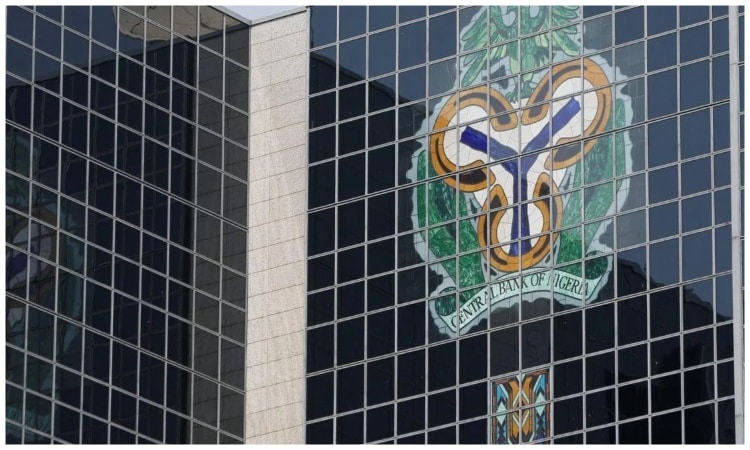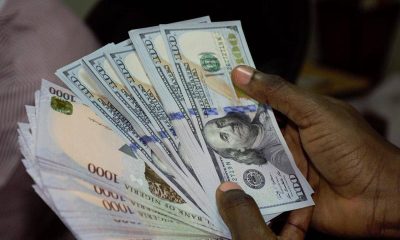Business
Report Reveals CBN Might Be Unable To Clear Forex Backlog

A new report reveals reasons why the Central Bank of Nigeria might not be able to clear backlog owed to commercial banks.
In the report released on Friday, the Economic Intelligence Unit said the CBN lacked firepower to clear the backlog.
Additionally, it stated that the naira’s future is in doubt since the central bank needs more expertise to manage a foreign exchange float.
“An unsupportive monetary policy implies that the naira will remain under pressure, and the CBN lacks the firepower to adequately supply the market or clear a backlog of foreign exchange orders, valued at over US$6bn, which will keep foreign investors unnerved,” the report partly read.
“Official foreign reserves are reported at US$33bn, but up to one-third of the assets are encumbered, tied up in derivative contracts or loans. In the short to medium term, the official exchange rate will continue to be propped up by access restrictions, implying long lead times at the NFEM,” it added.
“However, we do not expect lasting commitment to a market-led naira, as the CBN lacks experience in conducting monetary policy under a float. High inflation and a continued spread with the parallel market will leave the exchange-rate regime unstable and result in periodic devaluations.”
Naija News recalls that following news that the Apex bank had started to pay off bank debts, the naira saw a sharp increase in value last week. This was confirmed by the head of corporate communications at the top bank, Isa AbdulMumin, who told reporters that “CBN has started off setting the fx forwards backlog.”
The EIU, however, stressed that the authorities need to show more willingness to implement an orthodox monetary policy to address the issues weighing on the naira, such as severely negative short-term real interest rates, in its new country report for Nigeria. The report noted that there would be ongoing currency losses due to the size of the parallel market and the low foreign exchange reserve of the nation.












